We all know that eggs are a great source of protein, but they can also be pricey; they will hit new levels in 2023, according to data released by the U.S. Bureau of Labor Statistics.
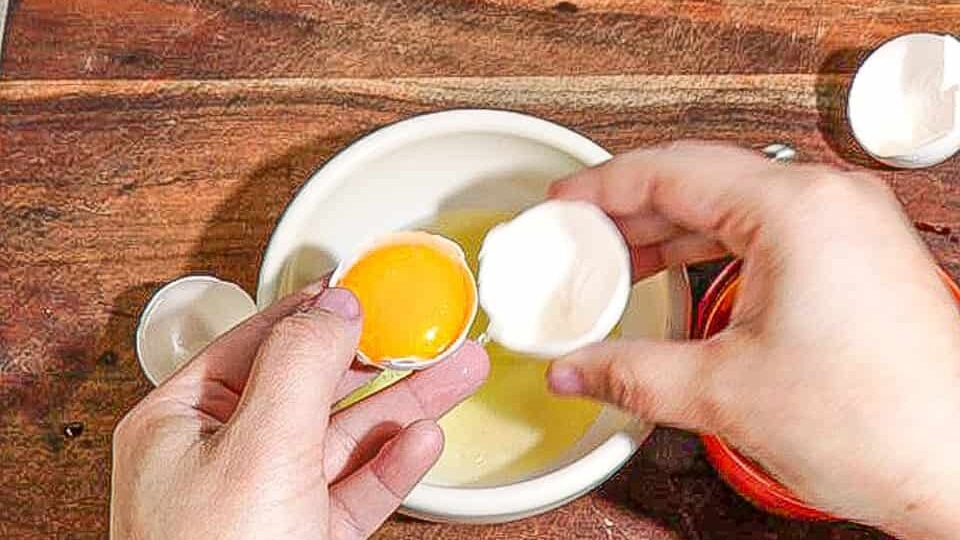
The Consumer Price Index tracks fluctuations in the prices of a market basket of consumer goods over a period of time. For example, recent research has shown that the price of eggs will increase by almost 60% in 2022. So it's no surprise that the average cost per dozen eggs has jumped from $4 on the low end to over $7 a dozen.
What's a baker to do? Luckily, there are options. Many alternative ingredients can be used in place of eggs in recipes—with varying degrees of success—and believe it or not, some may taste better than the real thing.
Chia Egg
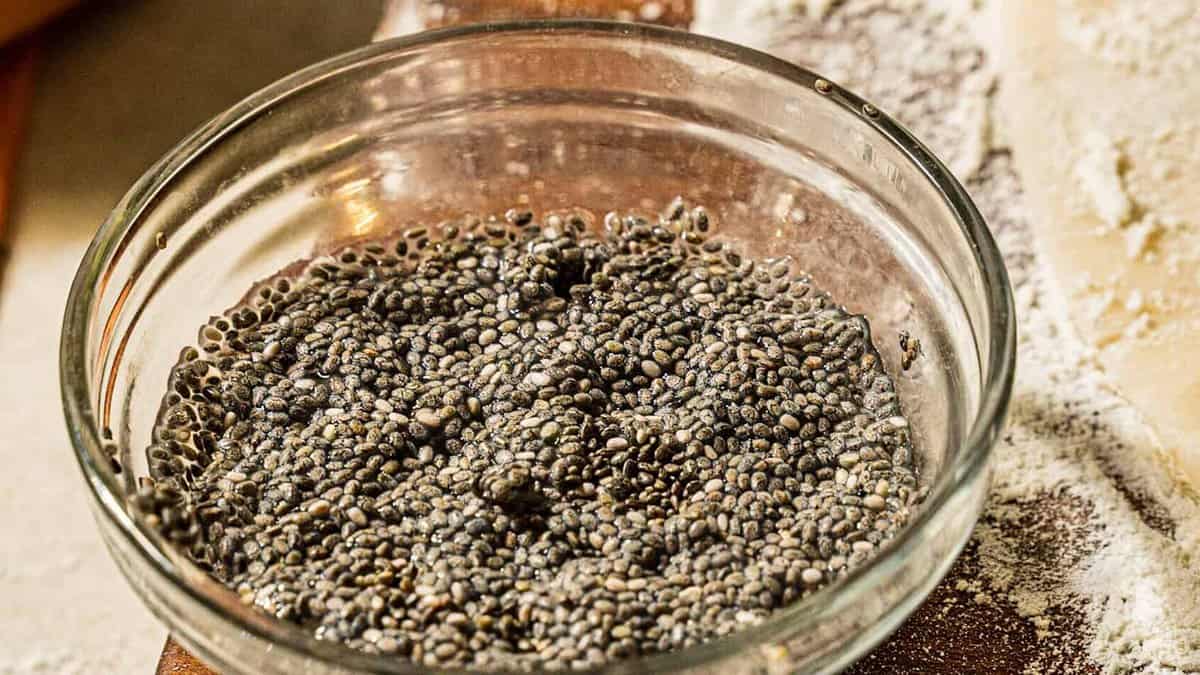
Chia seeds are an excellent substitute for one egg in baking and pancake-making. To make a chia egg, add one tablespoon of chia to 3 tablespoons of water; stir together until the mixture becomes gelatinous.
This makes one serving of egg replacement equivalent to 1 whole egg! The resulting mixture will be thick and gooey (a little bit like tapioca pudding), but don't worry — it'll still mix well with other ingredients when you're ready to bake or cook up some pancakes! Learn more here.
Flax Egg

Flax eggs are an excellent alternative to chicken eggs, and they can be made in just a few moments. All you need are some ground flax seeds and water. The resulting mixture will resemble an egg white, which can be used as an egg white replacement in many recipes. That's one teaspoon of ground flax seeds and three tablespoons of water, according to Bob's Red Mill.
Applesauce

Applesauce is a popular egg replacer in baking because it's a great substitute for the moisture that eggs provide and works as a thickener. It's perfect for cakes, muffins, and brownies, but it can also be an egg substitute in cookies. Add ¼ cup for every egg needed.
Ripe Banana
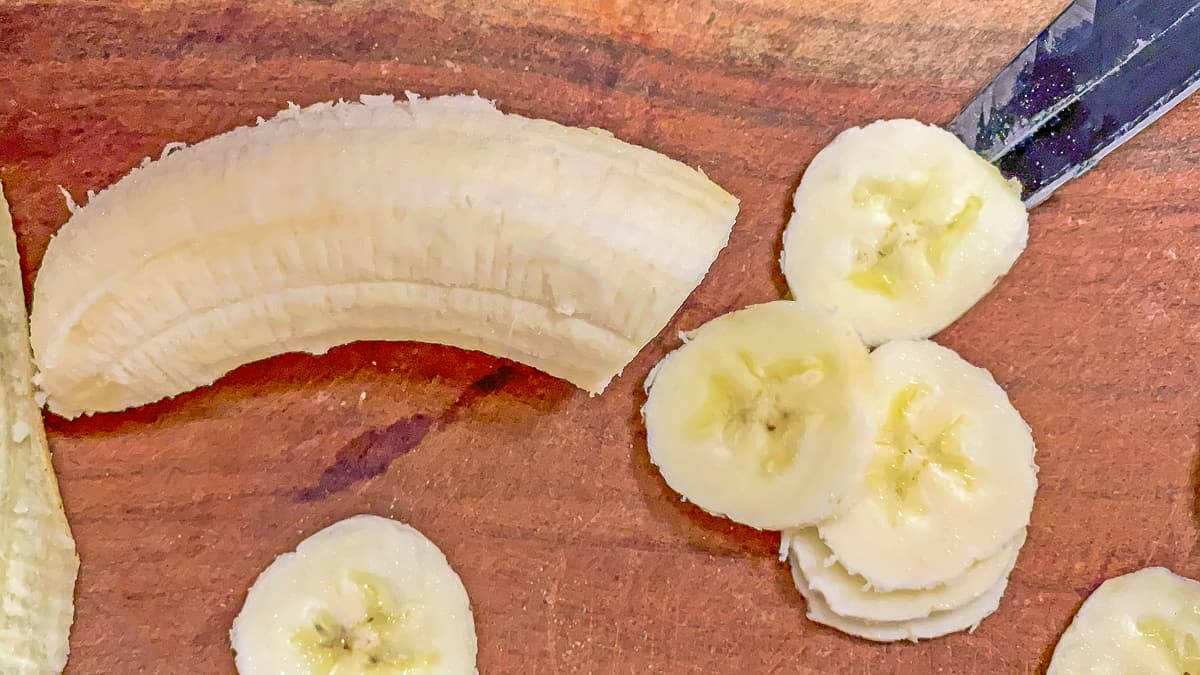
Bananas are a great swap for eggs in baking. They provide moisture and structure while also adding sweetness to recipes. Mash up one banana and add that in for every egg needed.
Vinegar and Baking Soda

You know that vinegar and baking soda are potent thanks to their ability to create carbon dioxide. (It's what makes cakes rise!) But did you know that this same chemical reaction can be used to replace eggs? Combine a tablespoon of baking soda and one teaspoon of vinegar. Then mix it into your batter or dough. The mixture will activate when it hits the heat from being baked, releasing carbon dioxide bubbles that will cause your cake or cookie dough to rise.
Yogurt

Yogurt is an excellent replacement for eggs in baking. It helps to form the cake's structure, giving it a moist, fluffy texture. You can use nonfat or low-fat varieties, but Greek yogurt will provide you with the best results. For one egg, substitute ¼ cup of yogurt.
Buttermilk

Buttermilk is a byproduct of butter making, so it's just soured skim milk. It has many health benefits and is a great substitute for eggs in baking. When you're making pancakes, waffles, or biscuits, buttermilk will make them extra fluffy! For one egg, swap in ¼ cup of buttermilk for each egg needed.
Sweetened Condensed Milk

Sweetened condensed milk is the main ingredient in many desserts, so it's easy to find if you can't find eggs. It has similar consistency and structure when cooked, which helps with structure and leavening. In addition, sweetened condensed milk is a good butter substitute in baking recipes because it contains fat (which keeps food moist) and has some water content (which helps with texture). Add ¼ cup per egg to your recipe.
Silken Tofu

Silken tofu can be used as a swap for egg in many recipes, but it works particularly well in chocolate recipes due to its high protein content, which helps it bind together well when cooked. You can also use silken tofu in some savory dishes such as quiche or frittatas, where you need something that will hold together well during cooking but not break down into chunks after it's baked.
Pumpkin Puree

When substituting pumpkin for eggs, use ¼ cup pumpkin purée for every egg called for in the recipe. Canned puree works best when making muffins or cake batter because it makes them moist and flavorful!
Aquafaba

Aquafaba is the cloudy white liquid from canned and soaked chickpeas. You can use it in place of egg whites to make meringue, ice cream, and marshmallows. It will also whip up into a foam that holds its shape and can be used as an egg replacer in cakes and other baked goods. Check out this chocolate mousse recipe with aquafaba here.
Pre-Made Egg Replacers

These products come in powdered form and only need water added to them before use. This makes them super convenient if you want to measure out only some of your ingredients every time you want to bake something!
Soy Lecithin

Soy lecithin is a natural emulsifier made from soybeans and has been used commercially since the 1930s in ice cream, sauces, and other foods. It acts like an egg yolk by binding other ingredients together and adding moisture and flavor — even when cooked at high temperatures!
Agar-Agar

Agar agar is a plant-based alternative to gelatin and a great egg substitute for baking. It comes from red algae, which has a high molecular weight and is odorless and tasteless so that it won't alter the flavor of your food. Mix it with water and let it sit for a few minutes before using it in any recipe that calls for eggs.
Carbonated Water
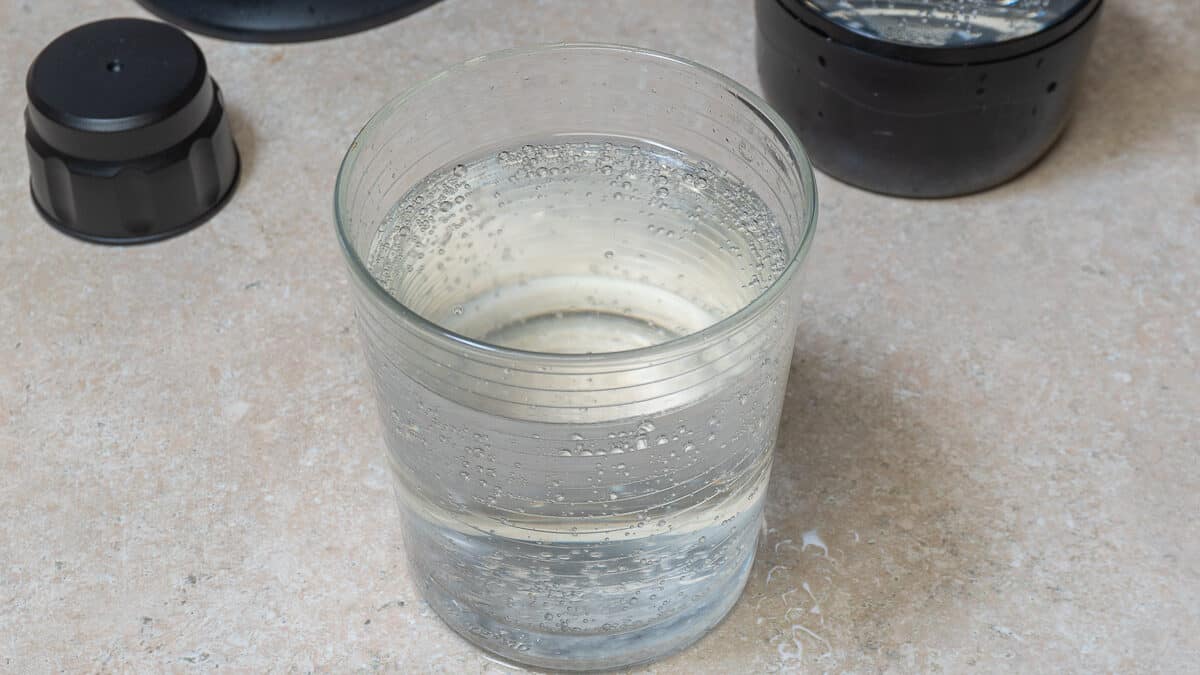
Like agar-agar, carbonated water can be used as an egg substitute in baking. In addition, carbonated water contains carbon dioxide bubbles that help leaven baked goods. The gas also helps give bread its soft texture and keeps them moist when refrigerated. You can buy carbonated water at most supermarkets or make your own by adding vinegar or lemon juice to regular tap water.
Nut Butter
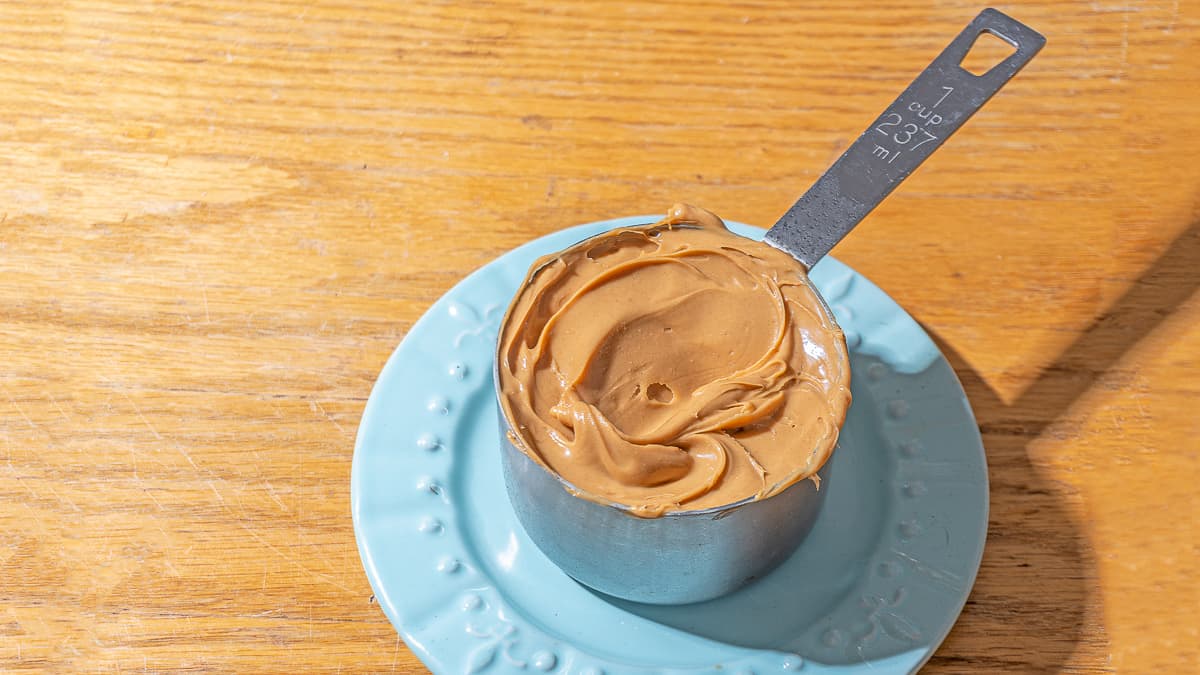
The fat content in nut butter can act as a binder and make your baking recipes moist and delicious. Nut butter works best in cookies, brownies, and cakes. If you want to use them in muffins or quick bread, choose an oil-based nut butter like peanut or almond butter.
Tapioca Starch

Tapioca starch is an excellent replacement for egg whites or whole eggs in many recipes that call for binding agents. In addition, tapioca starch helps create structure and texture while adding density to baked goods such as cookies and cakes.
Arrowroot

Arrowroot starch works similarly to tapioca starch since it's a natural thickening agent that helps add structure to baked goods like cookies, cakes, and quick breads. In addition, it has no flavor, so it's perfect for those sensitive to corn products like cornstarch (corn flour).
Cornstarch and Water Mixture

If you want something quick, easy, and cheap, try this mixture of cornstarch and water. It's an excellent substitute for one egg in most recipes — mix two tablespoons of cornstarch with three tablespoons of water until it's smooth and lump-free. Then add one teaspoon of cream of tartar (it helps stabilize the meringue) and beat until stiff peaks form. Finally, pour into whatever recipe you're making as your cookbook or magazine editor instructed.
Black Beans
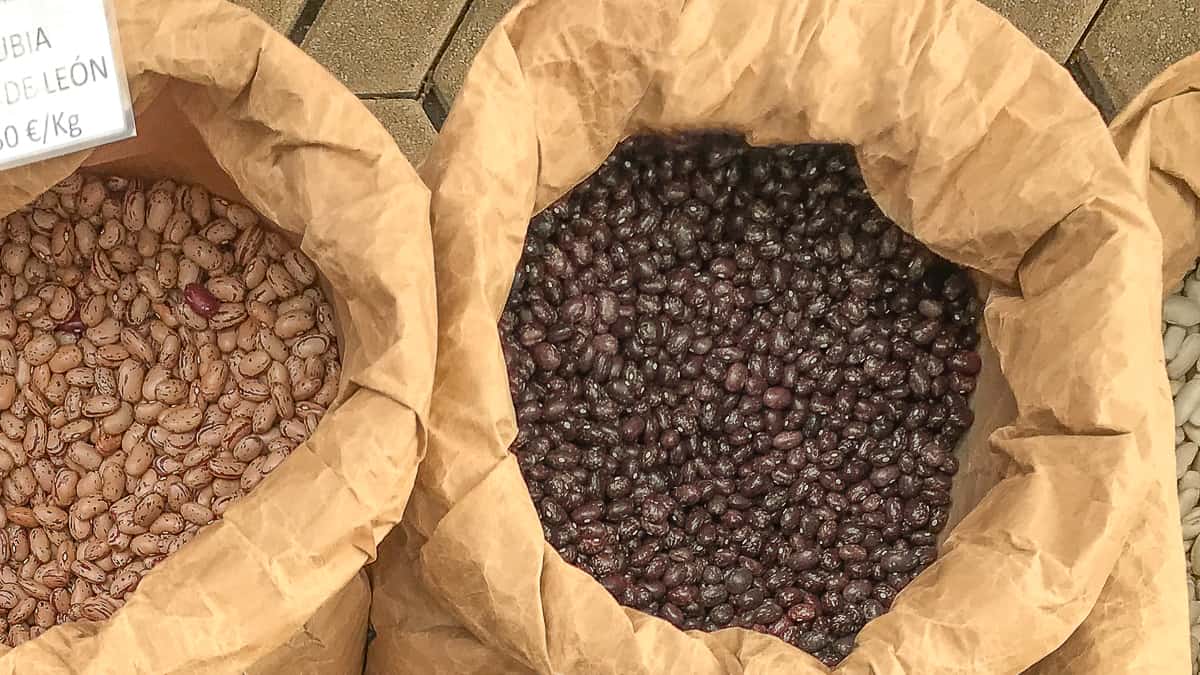
Black beans are a great substitute for eggs in baking. They add protein, fiber, and iron to your recipes. To replace one egg, use one-fourth cup of mashed black beans. To replace one egg, use one-fourth cup of mashed black beans. The best part about using black beans as an egg replacement is that it doesn't alter the taste of your recipe.
Mayonnaise

Mayonnaise can be used as an egg replacer in baked goods. It will add a little extra fat and moisture, but the taste isn't noticeable. Mayonnaise is a great way to replace eggs in baked goods. The fat content of the mayonnaise helps bind ingredients together and adds moisture to your recipe.


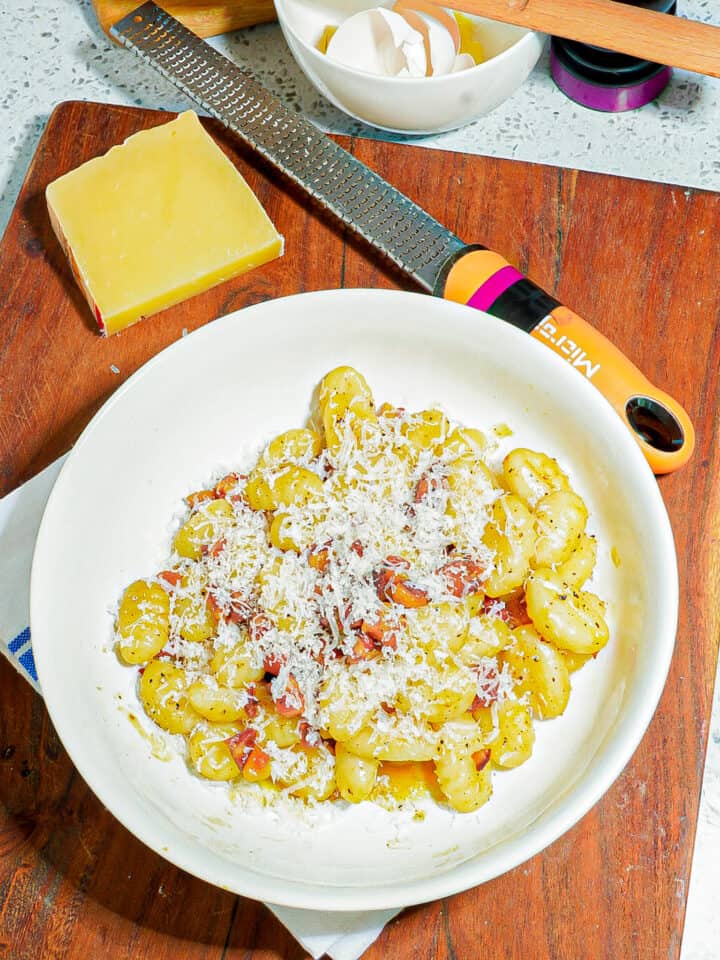
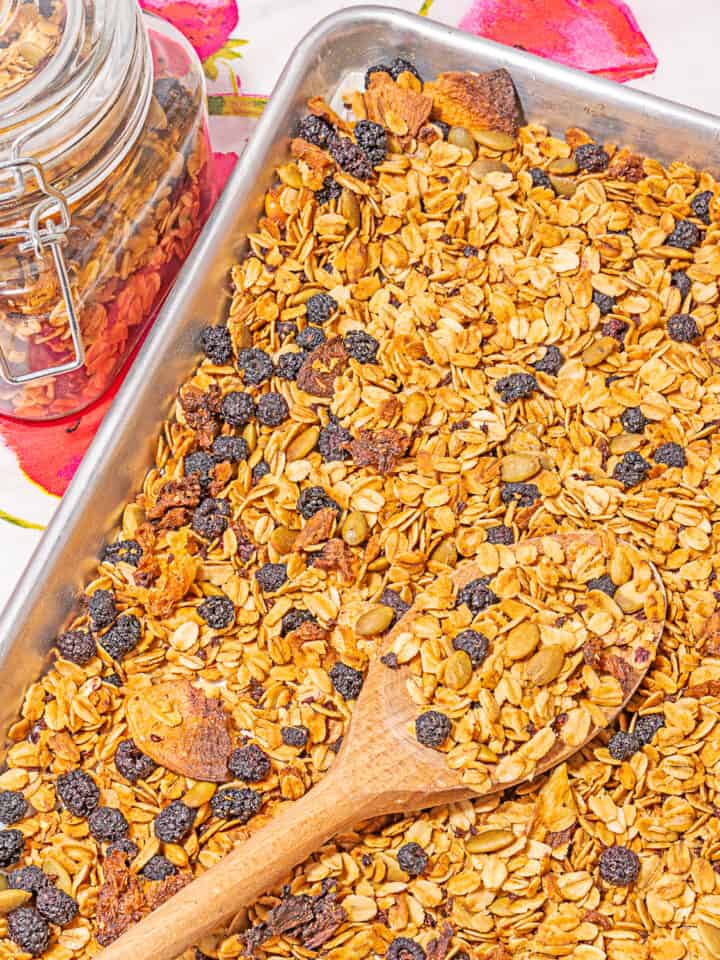


Comments
No Comments